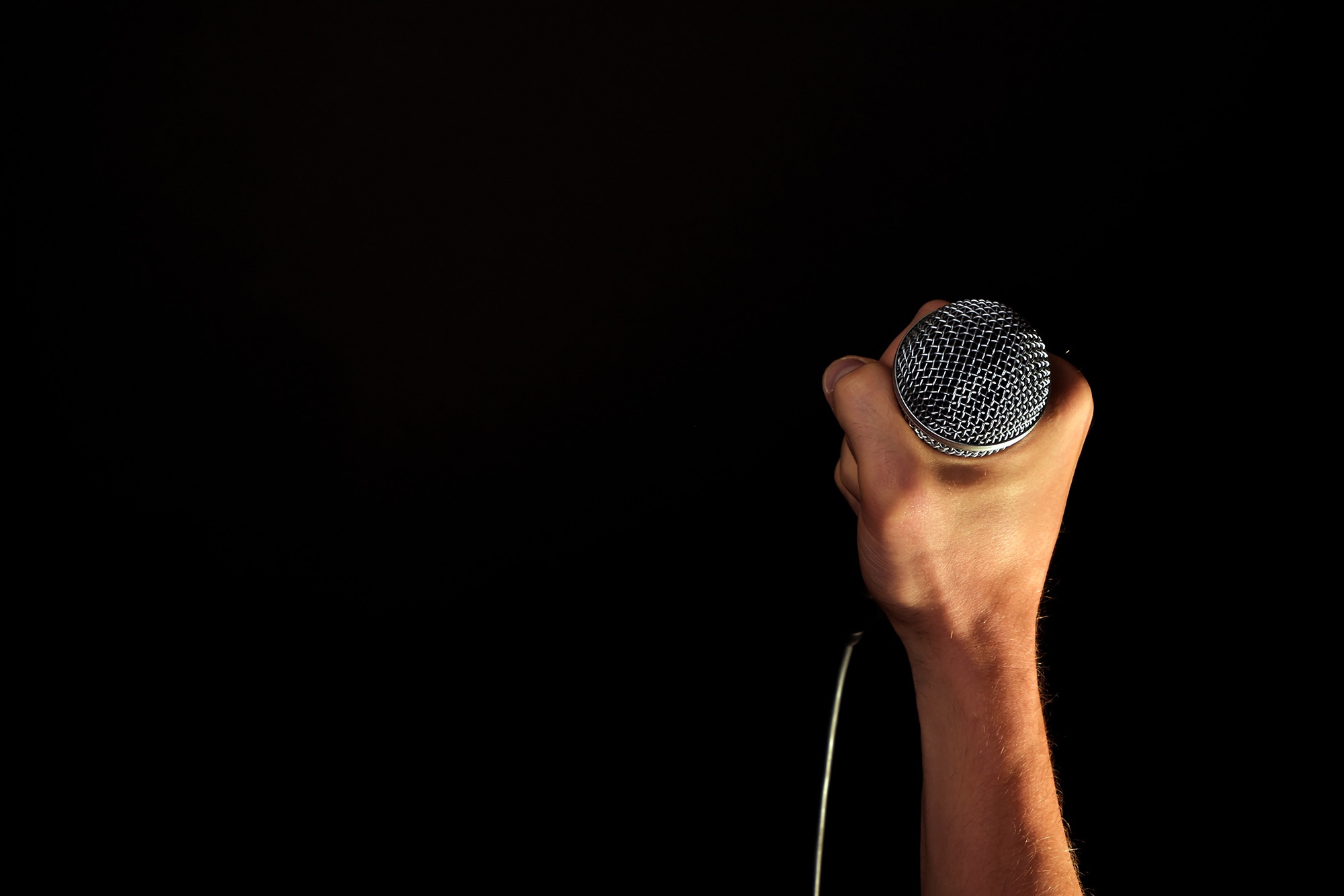On the Upcoming Debate
Posted on September 23, 2016
 (This originally appeared in the Wall Street Journal's Think Tank)
(This originally appeared in the Wall Street Journal's Think Tank)As I look ahead to Monday’s debate between Donald Trump and Hillary Clinton, I’m reminded of at least four instances, and comparisons, from presidential debates past:
Ronald Reagan or Ross Perot? Donald Trump basks in the soft bigotry of low expectations. The question for next week’s debate is: Can he exceed them? Ronald Reagan faced a similar dynamic when he debated Jimmy Carter in 1980. Was he the guy who would lead us into a nuclear war against the Soviet Union? Instead, he brilliantly focused the country on one question: “Are you better off than you were four years ago?” Mr. Reagan acted and looked presidential while laying out a case against the incumbent.
In 1992, Ross Perot debated Bill Clinton and George H.W. Bush, the first time since 1980 that a third-party candidate had made the cut in a presidential debate. Mr. Perot opposed the North American Free Trade Agreement, calling it the “giant sucking sound” that was destroying U.S. jobs, and he condemned runaway deficit spending during his campaign and in the debates. But his performance, with his staccato delivery and chirpy one-liners, didn’t seem presidential. He was soon mocked on Saturday Night Live and ended up finishing third.
Bill Clinton or Walter Mondale? Hillary Clinton has to decide whether she wants to expand her coalition or play to her base. In 1992, her husband portrayed himself as a centrist who was focused almost singularly on one overriding issue: the economy. In one memorable exchange with a voter who asked about the impact of the national debt on their lives, Bill Clinton turned the question into a searing indictment of the Bush recession. On the other hand, in 1984 Walter Mondale made one memorable promise: to raise taxes on all Americans. Such a promise might have pleased policy experts who were concerned about the deficit, but it fell flat with voters.
Al Gore or George W. Bush? In many ways, this will be a debate of style vs. substance. In 2000, Al Gore was well-versed on policy details, having spent his life in Washington. Bush 43 was more of a big-picture guy who stuck to major themes. The Texas governor also had a down-home style that belied his pedigree. Vice President Gore was openly condescending and seemingly mocked his opponent’s lack of details. He also rolled his eyes at Mr. Bush’s answers. Those reactions played poorly with the television audience. At one point, when Mr. Gore approached Mr. Bush, it seemed almost possible that the two combatants might get into a physical confrontation, so heated was the jockeying for who would be the top dog.
Rick Lazio vs. Hillary Clinton: During their debate in the 2000 contest for New York’s U.S. Senate seat, Mr. Lazio invaded Mrs. Clinton’s personal space in an effort to get her to sign a pledge regarding “soft money” in political campaigns. The tactic backfired and is a cautionary tale for the Republican nominee. Mr. Trump had no problem being the top dog during the many Republican debates, and needling those he most wanted to weaken, but the dynamic will be different this time. Mr. Trump has to walk a line of being chivalrous enough not to seem like a boor but tough enough to respond to Clinton attacks. Mr. Lazio crossed over that line, lost the debate and subsequently lost the election.
